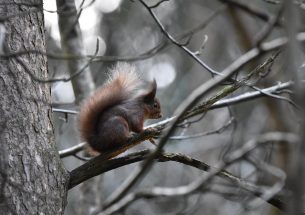News and Opinion

Losing the cover of darkness
READ MORE about Losing the cover of darkness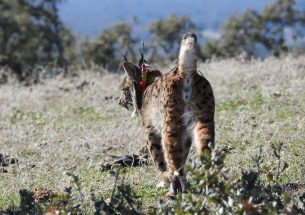
Rewilding apex predators can limit the seed dispersal by frugivorous carnivores
READ MORE about Rewilding apex predators can limit the seed dispersal by frugivorous carnivores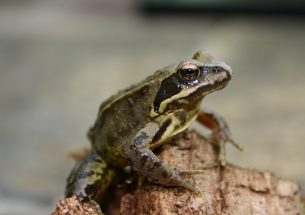
Protecting our most threatened and vulnerable: What does the future hold for the Wildlife and Countryside Act?
READ MORE about Protecting our most threatened and vulnerable: What does the future hold for the Wildlife and Countryside Act?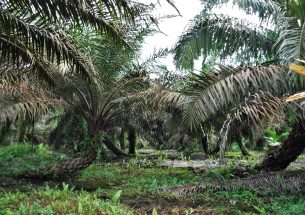
Restoring tropical peatlands supports bird diversity without impacting livelihoods
READ MORE about Restoring tropical peatlands supports bird diversity without impacting livelihoods
Scientists estimate invasive insects will kill 1.4 million US street trees by 2050
READ MORE about Scientists estimate invasive insects will kill 1.4 million US street trees by 2050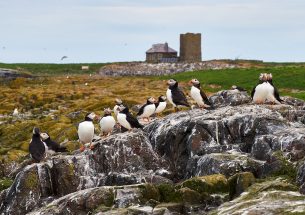
Research and conservation action must be better linked to protect seabirds in the face of climate change
READ MORE about Research and conservation action must be better linked to protect seabirds in the face of climate change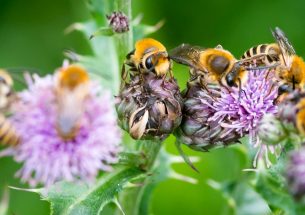
Research demonstrates value ‘injurious weeds’ can bring to both pollinators and biodiversity
READ MORE about Research demonstrates value ‘injurious weeds’ can bring to both pollinators and biodiversity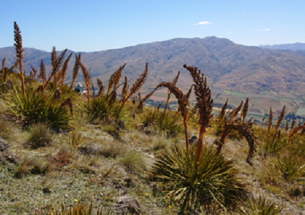
Climate change: Are mountain plants too inflexible?
READ MORE about Climate change: Are mountain plants too inflexible?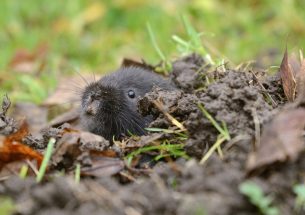
Interactive map helps protect one of the UK’s most threatened mammals
READ MORE about Interactive map helps protect one of the UK’s most threatened mammals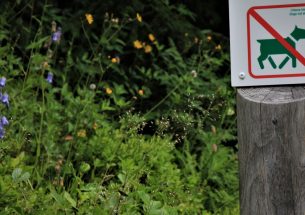
Dog faeces and urine could be harming nature reserves, according to new study
READ MORE about Dog faeces and urine could be harming nature reserves, according to new study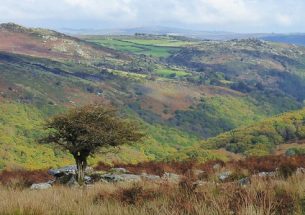
Study explores how temperate rainforests can aid the fight against climate change
READ MORE about Study explores how temperate rainforests can aid the fight against climate change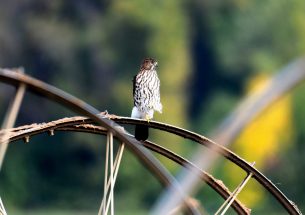
Bird-friendly agriculture: finding the right balance to benefit birds and farmers
READ MORE about Bird-friendly agriculture: finding the right balance to benefit birds and farmers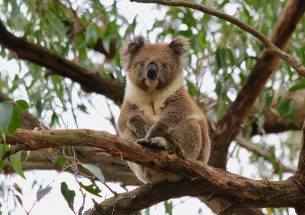
New conservation tool calculates the optimal time to spend researching a habitat before protecting it
READ MORE about New conservation tool calculates the optimal time to spend researching a habitat before protecting it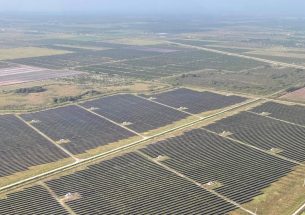
Ecological trade off? Utility-scale solar energy impedes endangered florida panthers
READ MORE about Ecological trade off? Utility-scale solar energy impedes endangered florida panthers